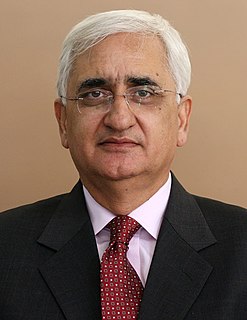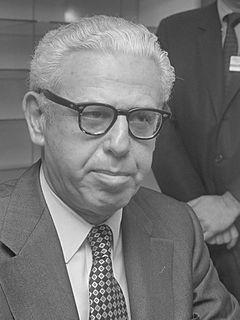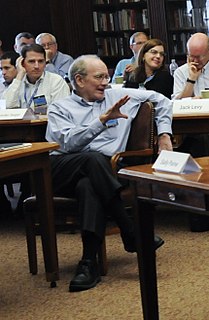A Quote by Sanjaya Baru
While UPA2's handling of immediate foreign policy challenges can be criticised, it would be difficult to challenge the long-term relevance of the principles that define the Manmohan Singh Doctrine.
Related Quotes
If I were Donald Trump, I would definitely not pick Mitt Romney because it's very easy for Mitt Romney to have have a separate foreign policy operatus in the State Department that would run a dissenting foreign policy from the White House foreign policy. There, I think the populist America-first foreign policy of Donald Trump does run against a potential rival.
But no matter how big the effort to push a propaganda line might be, climate change is bigger. This, undoubtedly and regrettably, is the biggest immediate long-term environmental challenge we face. A failure to concretely come to some policy outcome on climate change has not only a negative environmental impact but also social and economic consequences for us.
We are apt to say that a foreign policy is successful only when the country, or at any rate the governing class, is united behind it. In reality, every line of policy is repudiated by a section, often by an influential section, of the country concerned. A foreign minister who waited until everyone agreed with him would have no foreign policy at all.


































